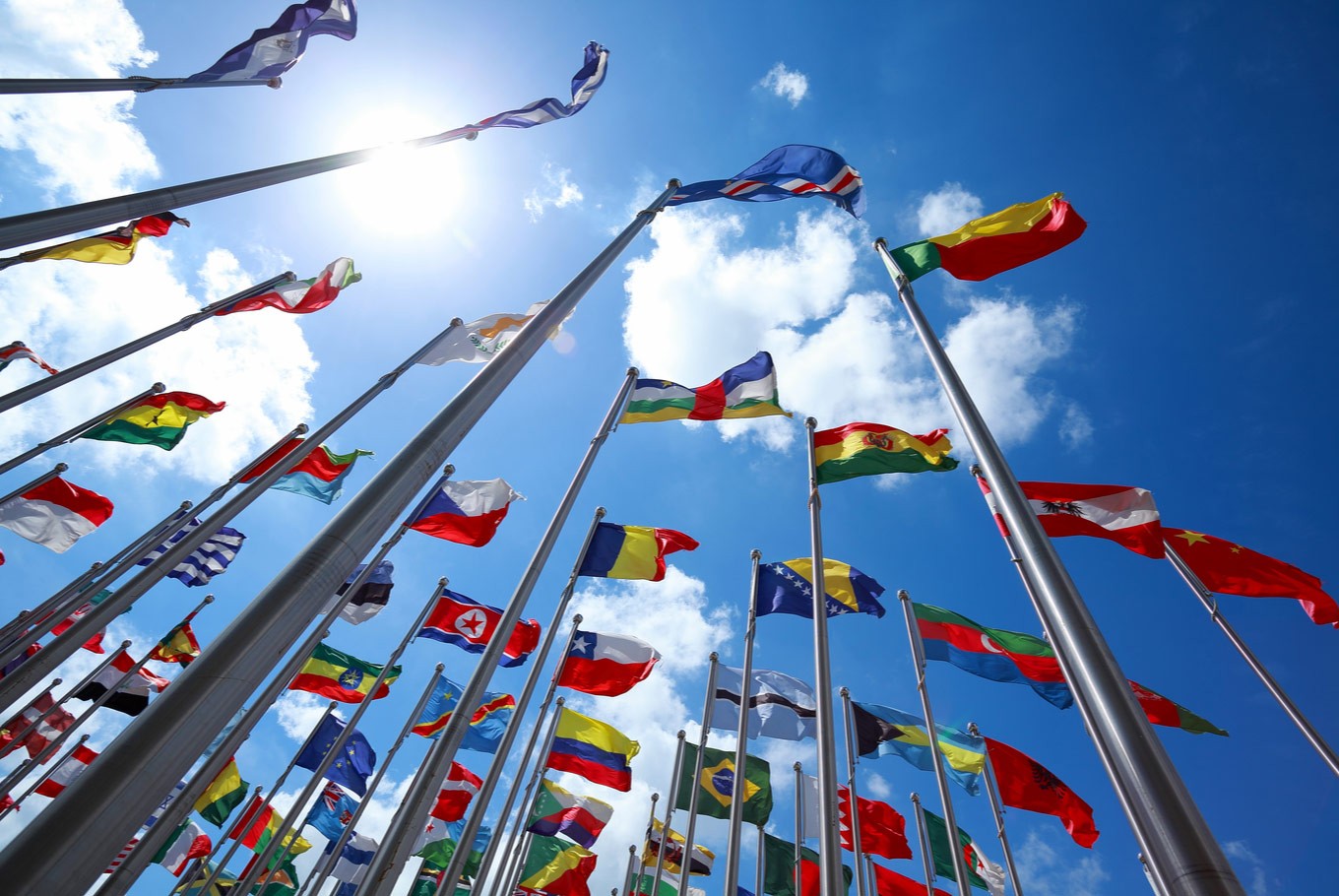Popular Reads
Top Results
Can't find what you're looking for?
View all search resultsPopular Reads
Top Results
Can't find what you're looking for?
View all search resultsInsight: National resilience key to Indonesia’s foreign policy
Since all states are inevitably in need of others and are interdependent with each other in many fields, some states may face vulnerability. The level, scope and intensity of the dependency matter and must be measured to determine the nature of the interdependence.
Change text size
Gift Premium Articles
to Anyone
R
obert Keohane and Joseph Nye, prominent scholars of international relations, proposed in 1977 the idea of vulnerability when they wrote about power and interdependence in international politics.
Since all states are inevitably in need of others and are interdependent with each other in many fields, some states may face vulnerability. The level, scope and intensity of the dependency matter and must be measured to determine the nature of the interdependence.
The result will define the sensitivity and vulnerability of a state in its domestic politics. While sensitivity simply encourages or leads to a mild or moderate domestic political adjustment, vulnerability may need deeper and broader domestic modifications and could even risk a state’s political stability, sovereignty and sustainability.
Influenced by Andrew Linklater and other critical theorists, the late Indonesian scholar Bob S. Hadiwinata (2017) proposed reflectivist perspectives that required international relations to better accommodate humanitarian issues, such as global justice, human rights protection and human emancipation.
Departing from mainstream theories such as realism and liberalism, which are contaminated by distorted thoughts, Bob insisted that sociological-anthropological and contemplative views would enable non-superpowers, nonstate entities and the people at large not only to prevent unnecessary wars but also contribute to world peace and order.
The COVID-19 pandemic has demonstrated that there are neither powerful nor weak states. The United States, the remaining superpower, is not exempt from the impacts of the pandemic. Its economy and international reputation as the global sheriff have been severely damaged. Those who have died of COVID-19 in the US outnumber American soldiers killed in operations around the world.
While President Donald Trump is trying to mitigate the impacts of the pandemic and maintain high defense spending, there is no guarantee the US will win the fight against the pandemic or the race to find COVID-19 vaccines. The much-awaited results of the presidential election in November will prove the sensitivity or vulnerability of the US, or at least the Trump administration.
China, where the pandemic started, on the other hand, has managed to secure a high profile as an emerging superpower. Beijing tries to look solid, strong and capable in handling the pandemic and in dealing with external criticism, particularly regarding the issues of Hong Kong and the Uyghur people. It is also joining the race for the desperately needed COVID-19 vaccine.
Other nations like Russia, India, Japan, Brazil and European Union members have walked their own paths to cope with the virus both domestically and internationally but still without significant impacts. Many have closed national borders or imposed lockdowns, yet the pandemic has remained unabated.
The pandemic has made what Kenneth Waltz calls an anarchic system vulnerable. The struggle for power is the main characteristic of an anarchic world, in which national interests and sovereignty are the drivers of international politics and relations.
A state’s bilateral or multilateral relations are indicative of its power. But when states lose power in dealing with a devastating crisis like the pandemic, the anarchic propositions sound irrelevant. Keeping such a classical view in our references might mislead international relations and lead the world into a plausible serious danger.
Indonesia has been consistently pushing for a world order based on universal freedom, eternal peace and social justice. For Indonesia’s foreign policymakers, anarchy might be workable to prevent the world from fighting each other, but it does not help when all countries are powerless. This is a justified moment for Indonesia to call for international cooperation, much more so than ever.
Foreign Minister Retno LP Marsudi said, “All great powers are important and strategic partners for Indonesia. We will not allow ourselves to be forced to take sides.” (The Jakarta Post, Aug. 20)
While maintaining good intentions for international collaboration, her statement clearly conceives of the centrality of sovereign Indonesia in vulnerable interdependence with a critical view of traditional realism.
To make such collaboration fruitful in global uncertainty, “mutual trust is the key” (Teuku Faizasyah, the Post, May 30).
Sovereignty and trust, however, are not solely legal, ethical or moral terms, but also political and executive concepts that must come into effect. In the context of global vulnerability, state solidity should be looked after carefully. It is already evident that our society hesitantly complies with health protocols.
While Indonesia is short of health system capacity and medical supplies to tackle the rising number of COVID-19 patients, tougher enforcement of social and physical distancing may raise human rights concerns and would undoubtedly hit our economy harder.
Social order and security might in turn be in jeopardy and invite political spoilers and the opposition to take advantage of it for their own interests. Cohesive and well-coordinated policies among the executive in Jakarta and the regions is key to state solidity. The government needs to prove commitment and goodwill in the fight against the pandemic and its repercussions, build shared concern and empathy in society and, at the same time, show appreciation for community solidarity and harmony.
Respect for the opposition, including by accommodating their criticism, is part of the endeavors to maintain national strength and resilience. Instead of appealing for power in its realist doctrine, national resilience is the credo to multilateral cooperation and global governance. To conclude, national resilience is the start and end of our foreign policy.
---------
Rector of Parahyangan Catholic University in Bandung and senior lecturer at the university’s Department of International Relations










